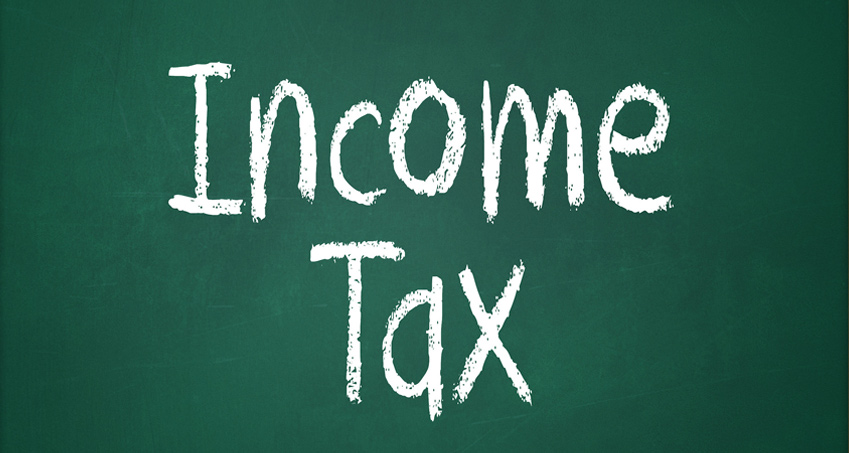HRA and Home Loan tax exemption rules

End of a financial year is the perfect time to talk about income tax returns and ways of saving any penny that we can! Here we discuss HRA and Home Loan and how to save tax on these two components…
The allowance given by employers to meet rented accommodation-related expenses falls under HRA. From calculating HRA for tax exemption to the tips on how to save income tax and still stay out of any legal issues, this is a must read piece for you all!
Who all are eligible to claim HRA Exemption?
Listed here are the basic conditions that we need to meet to claim HRA –
- Employee should be living in a rented house
- Employee should be paying rent for the house
- Employee should not be co-owner of the rented house
- HRA should be part of salary package
Various Situations While Calculating HRA Tax Exemption
Case 1- WHAT DO I DO If I AM STAYING WITH PARENTS?
Now if you are showing your parents or spouse as land lord – the landlord’s PAN is a compulsory submission for rent above a lac in a year. So, though you get relief, the parent or the spouse will have to show the rent as an income. However, if it falls below 1 lac, then you may save tax on rent paid and even your parent’s income will not be taxable
Case 2 – I HAVE MY HOUSE AT MY HOME TOWN BUT AM STAYING IN RENTED PROPERTY
You can claim HRA in such a scenario. However, in case you have put your hometown property on rent then that income will get added while calculating income tax.
Case 3 – I HAVE A HOME LOAN FOR A PROPERTY AND AM STAYING IN A RENTED PROPERTY NEAR MY WORK PLACE
You can claim both HRA and home loan deductions in such a case.
Case 4 – I AM STAYING AT A RENTED PROPERTY AND HAVE TAKEN LOAN FOR CONSTRUCTING A HOUSE
You can claim HRA for your rented property and can claim home loan benefits for property under construction. However you can claim benefits only for the principle amount, once the property construction is completed you can claim benefits for both principle and interest of the home loan.
Case 5 – I BOUGHT A PROPERTY BY TAKING A LOAN AND AM STAYING IN IT
Since it’s your own property you cannot claim HRA but you can avail home loan deductions.
You can claim HRA exemption under section 80GG by filing declaration in Form No 10BA
Calculating Tax Exemption on HRA
HRA may be fully or partially exempt from tax. Note that any HRA given to you is fully taxable if you don’t live in a rented accommodation. While calculating tax exemption on HRA, the least of the following three is taken to be exempt from tax.
- HRA received from your employer
- Actual rent paid minus 10% of Salary
- 50% basic salary for those living in metro cities (40% for non-metro cities)
It is important to remember that HRA is calculated on monthly basis.
Proofs Required to claim HRA exemption
You are required to submit following proofs to claim HRA-
Rent Receipts: This should clearly mention details like Landlord’s name and address, address of rented premises, rent amount and month for which rent is paid.
Rental Agreement: This is mandatory only for cases where per month rent is more than Rs 8,333
Pan details of the landlord if rent paid is more than Rs 8,333 per month.
HRA / Home loan
The Income Tax Act treats HRA and home loan deductions under separate sections independently. HRA and home loan can be claimed as exemption under separate sections of the Income-tax Act. We must understand that the equated monthly instalment (EMI) against your home loan is made up of principal repayment and interest on the outstanding loan.
HRA – dealt with in section 10(13A) Rule 2A
Home Loans- entitled for tax benefits under section 80C and 24b – Principal repayment exemption can be claimed up to the threshold limit under section 80C, which is Rs.1.5 lakh, or the actual principal repaid, whichever is less. This claim can be made only on completion of construction of the property. A completion certificate is required to claim this. Payment for stamp duty and registration of the property can also be claimed under this section. Similarly, under section 24b, interest repayment can be claimed up to Rs. 2 lakh if the house is self-occupied or actual interest paid on home loan, whichever is lesser.
Important Tips to Save Tax
- Buy House with Parent or Siblings as joint-owners – All the co-owners can claim the tax deductions of 1 lacs for principal and 1.5 lacs for interest part. Playing intelligently, that co-owner should hold a higher proportion of home loan who happens to fall in the higher tax bracket
- In case you own two houses and you rent out one of those, then you can claim the entire interest you pay on the home loan as deduction.
- Get deduction for rent even without HRA – You will have to submit a form called 10-BA that you are paying rent and not receiving HRA. Under Section 80GG, you can claim least of following 3 things as HRA
- Rent paid less 10% of total income
- or Rs 2,000 a month;
- or 25% of total income.

